FDA Expands Unannounced Inspections at Foreign Manufacturing Facilities
In a significant policy shift announced on May 6, 2025, the FDA will now conduct unannounced inspections at foreign manufacturing facilities that produce foods and medical products for U.S. consumption, […]


In a significant policy shift announced on May 6, 2025, the FDA will now conduct unannounced inspections at foreign manufacturing facilities that produce foods and medical products for U.S. consumption, similar to the approach already taken with domestic manufacturers.
This expansion follows a successful pilot program in India and China and aims to eliminate what FDA Commissioner Dr. Martin Makary called a “double standard,” in which foreign companies received advanced notice while U.S. manufacturers faced rigorous, surprise inspections.
Key changes include:
- Unannounced inspections at foreign facilities to match domestic inspection protocols
- Stricter policies preventing FDA investigators from accepting industry accommodations like lodging or transportation
- Enhanced enforcement against facilities that delay, deny, or limit inspections
Industry impact
Even though they received advanced warnings under the previous system, foreign facilities were still found to have serious deficiencies at more than twice the rate of domestic operations.
The FDA conducts approximately 3,000 foreign inspections annually across more than 90 countries, alongside 12,000 domestic inspections. This enhanced oversight aims to ensure all products entering the U.S. market meet the same safety and quality standards, regardless of origin.
According to FDA Assistant Commissioner Michael Rogers, these inspections provide “real-time evidence and insights that are essential for making fact-based regulatory decisions to protect public health.”
Food manufacturers with international supply chains or overseas facilities should prepare for this more stringent regulatory environment designed to strengthen the safety of America’s food supply.




























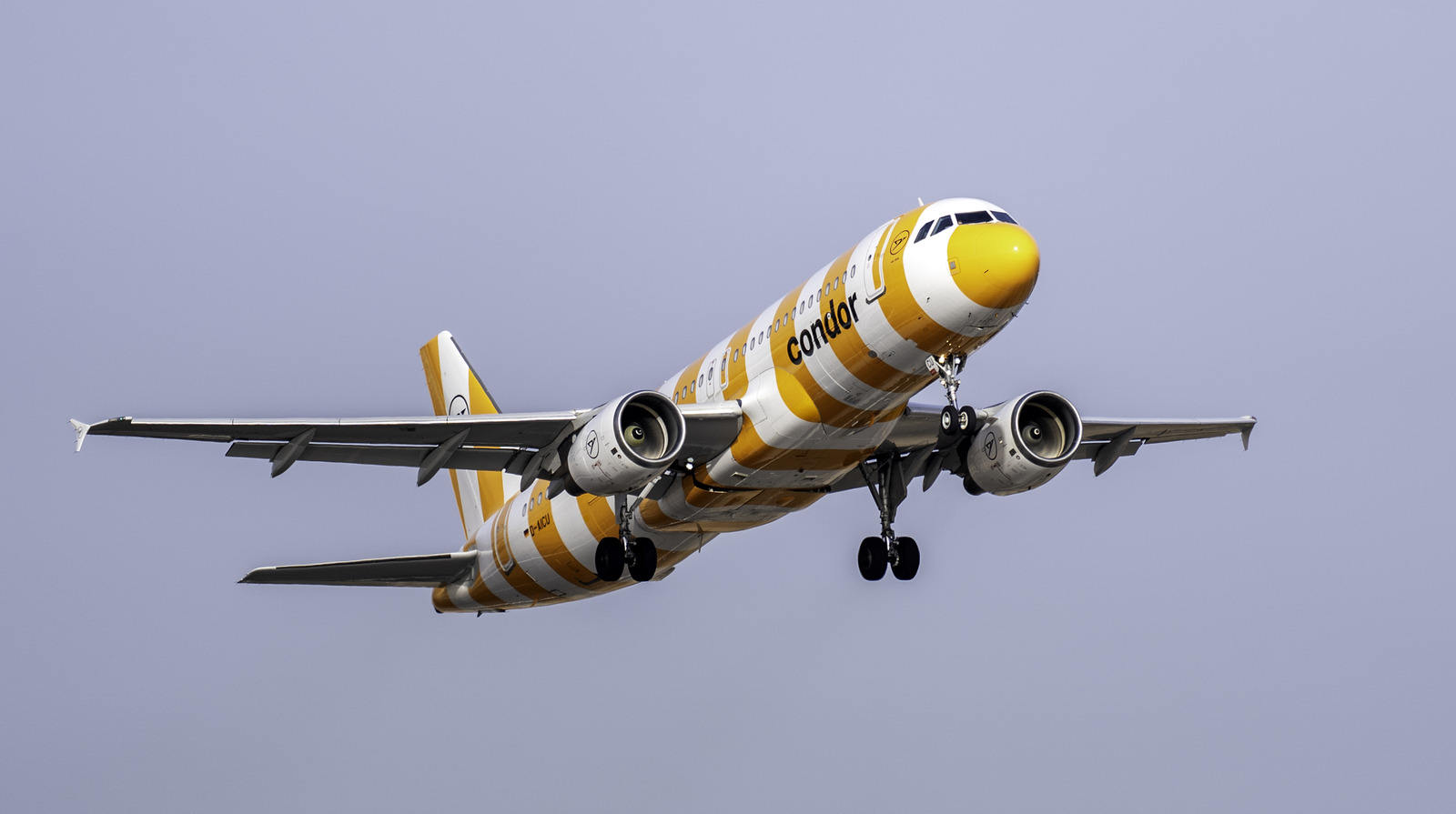





























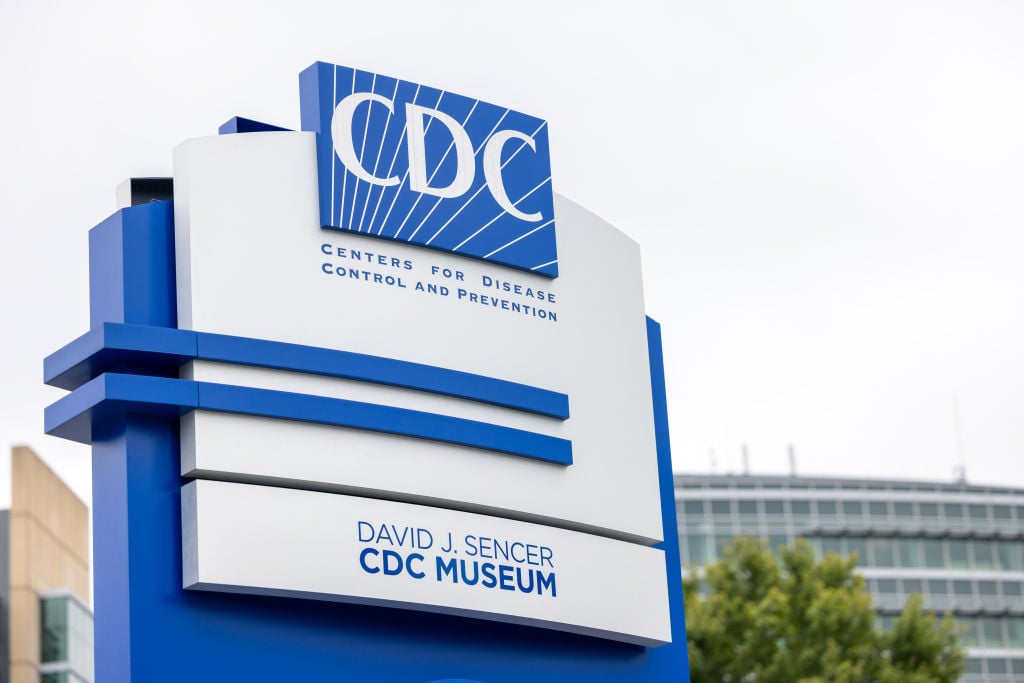





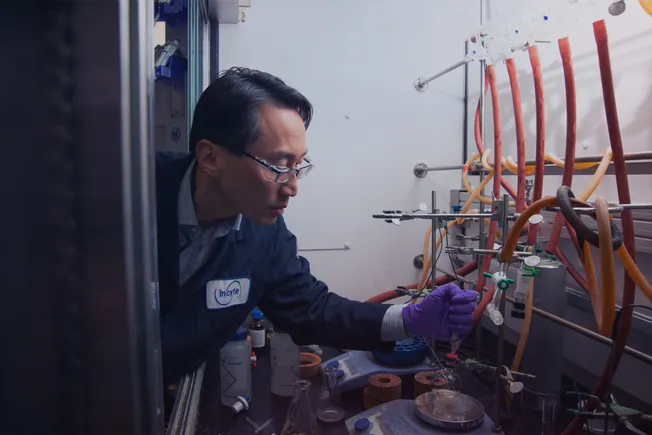



















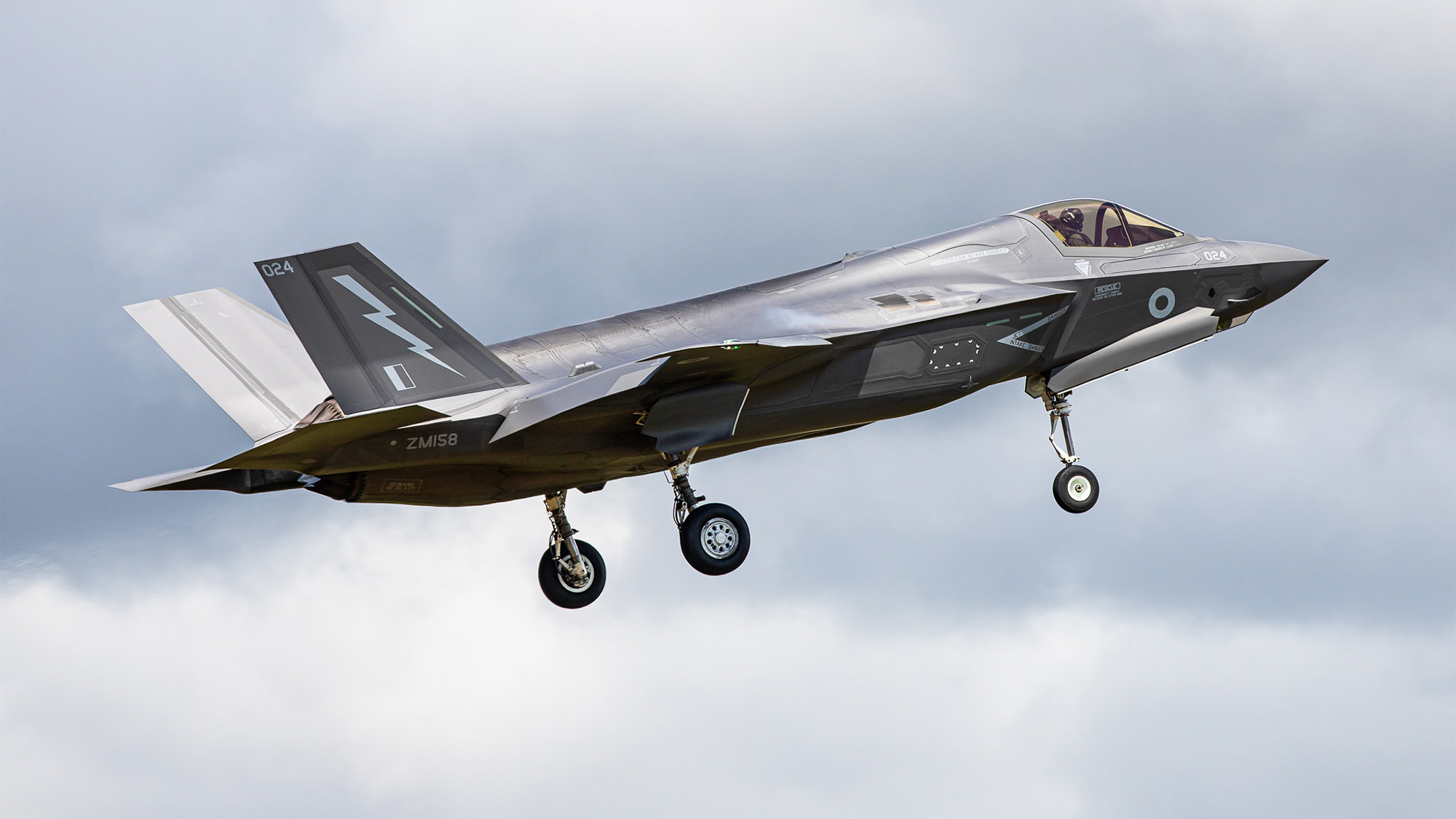

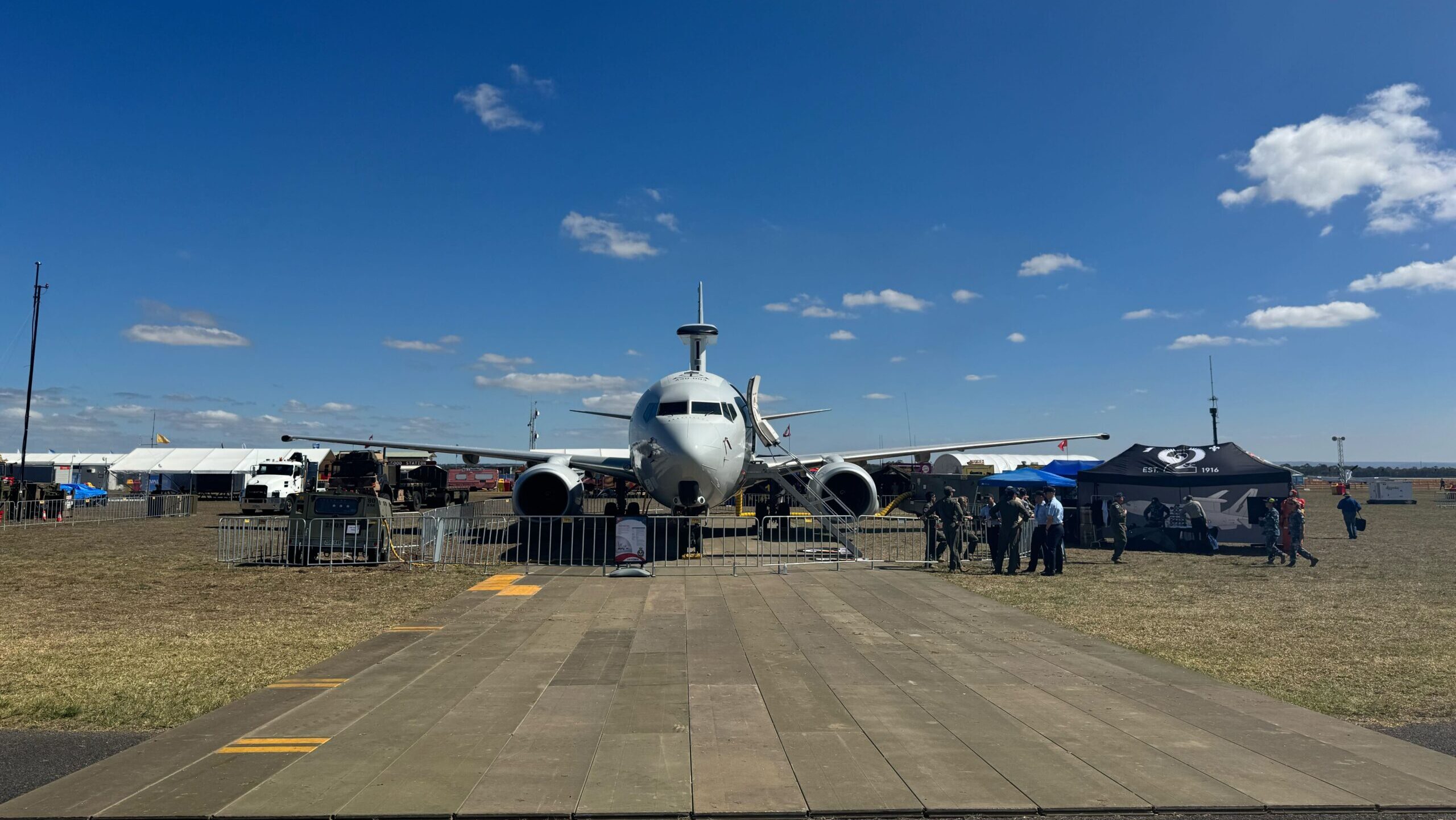



















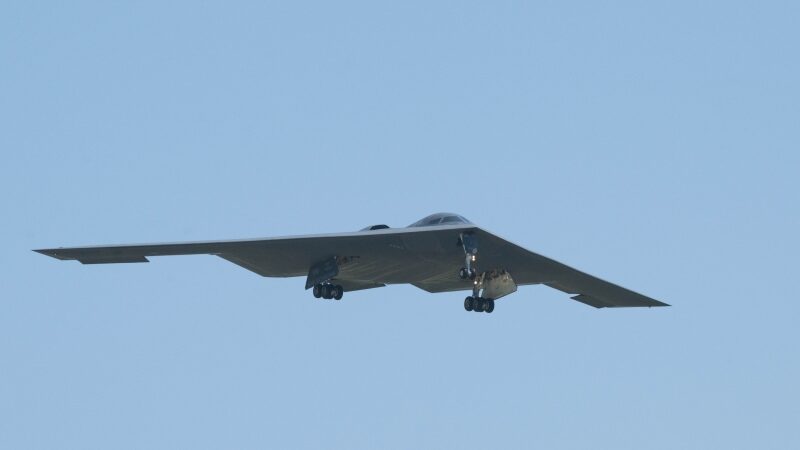
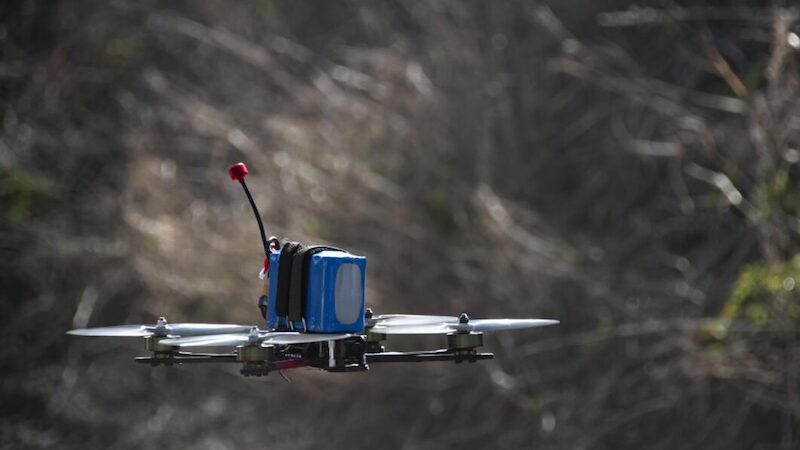




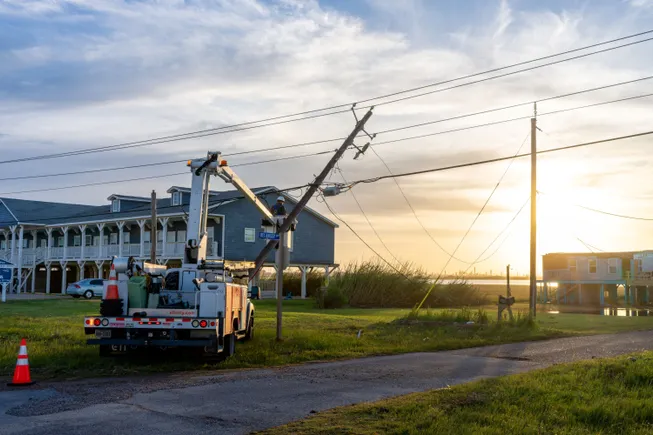










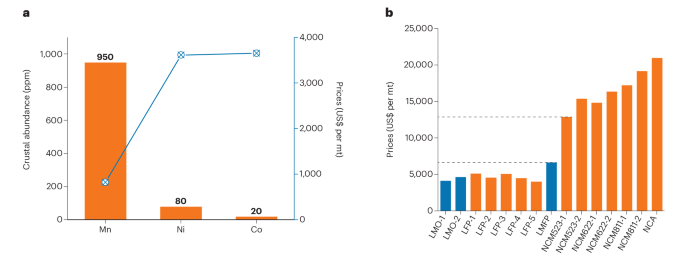













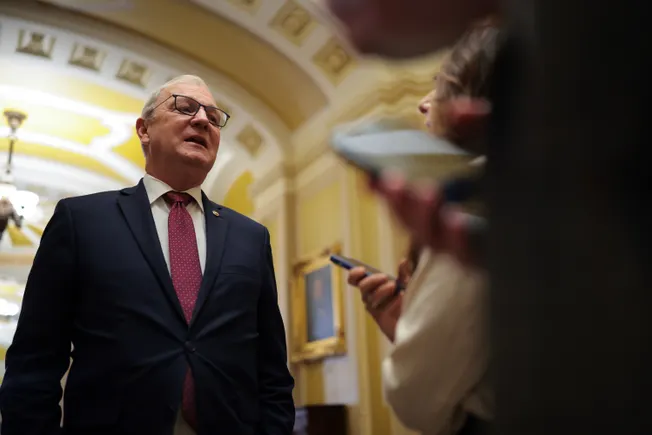
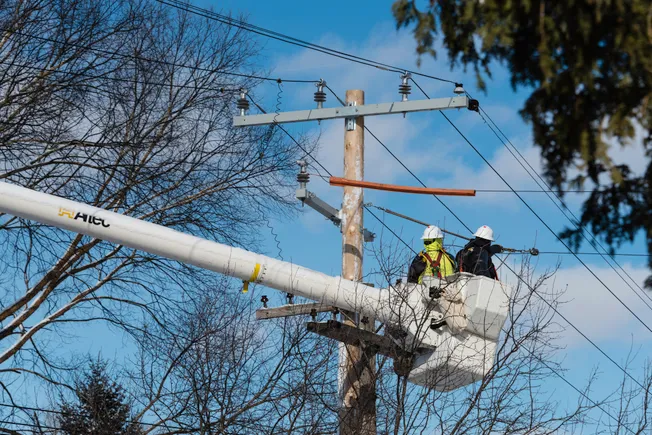

![[Report] AI in Food Manufacturing: The $1 Billion Advantage](https://foodindustryexecutive.com/wp-content/uploads/2025/06/bigstock-Holding-A-Globe-With-Innovatio-432586769-150x150.jpg)



